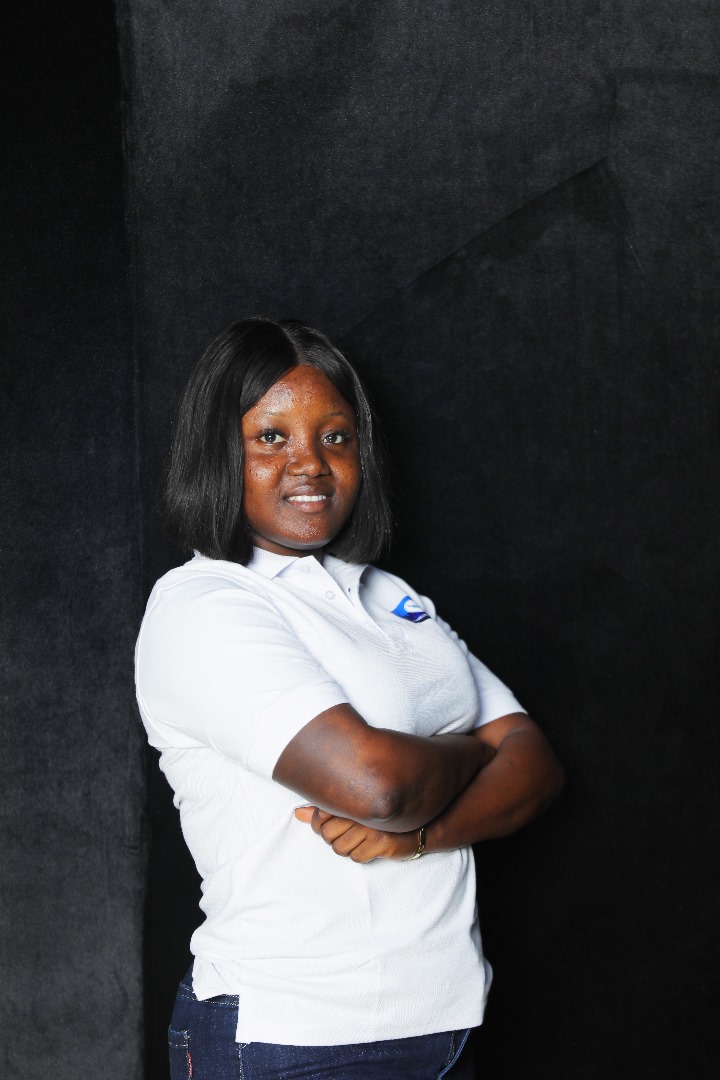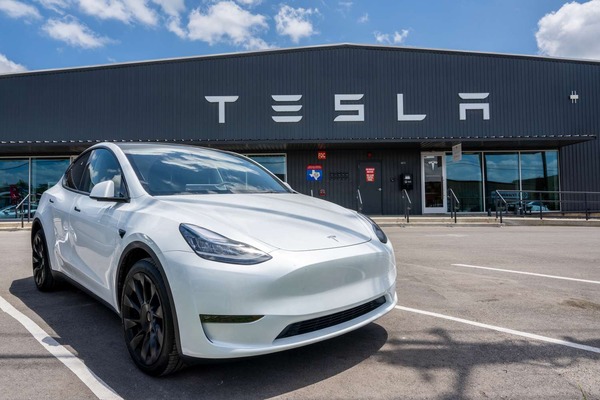Nigeria’s Minister of Communications, Innovation, and Digital Economy, Bosun Tijani, said that putting in fiber optic cables across the whole country would cost about $2 billion.
Tijani gave this information in an interview on Channels TV the previous day.
He also said that fiber optics is a top priority for his ministry and the Nigeria Communication Commission as they work to improve the quality of communication in the country.
The Minister said the federal government has already built 35,000 kilometers of fiber optic cable across the country. But the country needs about 95,000 kilometers to ensure it’s completely covered.
As a minister, he said, “If we prioritize fiber optic cables in this country, the quality of service, whether through your normal mobile phone or the internet service you use at home, will go off the roof.” He also shared this commitment.
We will maximize Nigeria’s fibre optic cable kilometers in the next four years. Nearly halfway there, we need to go 95,000 kilometers from 35,000 kilometers.
“To wire that 95,000 people across Nigeria will cost about $1.5 billion to $2 billion.”
It’s not government money so private companies can use it. We hope to speed things up in the next six to twelve months and work with serious companies that can lay fiber over the next two to three years.
He stated, “We’re hoping that a significant portion of that 95 000 kilometers will be covered before the first four years of this administration.”
Read also: Meta and Paratus Sign a Fiber Optics Deal to Connect Zambian Towns
FG to Im prove 5G Infrastructure in the Country
The Minister also said that the federal government is working to improve the 5G network’s infrastructure across the country. He said that more work needs to be done to support such a high-quality network in the country.
He said that even though these infrastructures are in some parts of the country, many people still have bad 5G networks because they don’t have enough infrastructure support.
“The infrastructure that makes 5G work isn’t the same all over the country.” In some places, we do.
“So, if you sign up for 5G and then move to a place where the infrastructure can’t support it, the quality will, of course, go down.” “There is 5G in Nigeria, and some telcos have the license,” the minister said.
So, Tijani talked about some of his ministry’s progress in the first 100 days he had been in charge.
MTN’s $320 million fiber-optic cable network links 10 African countries
What you need to know
A fiber optic cable is made up of glass fiber strands that are surrounded by insulation. It is designed for high-speed data networking and voice calls over long distances.
Regarding bandwidth and long-distance data transfer, fiber optic cables are better than wired cables. They are significant for keeping the internet, cable TV, and phone networks running worldwide.



